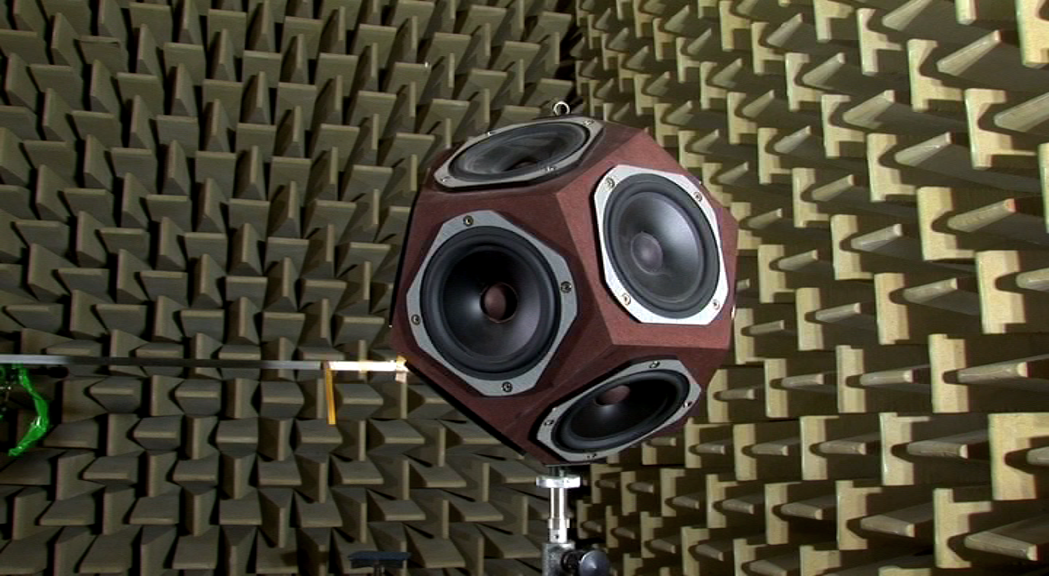
The Symphony of Science: Exploring Acoustic Engineering
Dive into the world of Acoustic Engineering, where sound is shaped, controlled, and optimized to improve everything from concert halls to consumer electronics.
Discover more about the specialty of Acoustic Engineering!
Are you interested in Engineering jobs? Then specializing in a career in Acoustic Engineering might interest you.
What it takes to work in
Bachelor’s degree in Acoustic Engineering, Mechanical Engineering, or a related field. Specialized master’s programs are available for those looking to deepen their expertise.
Language requirements for the Acoustic Engineering domain
English - for international projects and access to a wide range of research resources.
Knowledge of additional languages can be beneficial for working with international clients or projects.
Skills required to work in Acoustic Engineering
- Proficiency in sound and vibration measurement tools,
- Understanding of psychoacoustics and sound perception,
- Expertise in digital signal processing and audio analysis software,
- Ability to apply acoustic principles to design and problem-solving,
- Strong analytical and communication skills for interdisciplinary collaboration.
Career Path
Acoustic Engineers have a wide range of career opportunities in industries such as automotive, construction, entertainment, and consumer electronics.
The demand for acoustic expertise is growing, driven by advances in technology and increased awareness of noise pollution and its impacts.
Work Environment
Acoustic Engineers work in a variety of settings, from research laboratories and design studios to on-site consultations at construction projects or entertainment venues.
The field offers a mix of theoretical work, practical application, and creative design, appealing to a broad spectrum of interests.
Top Universities & Colleges specializing in Acoustic Engineering
- Massachusetts Institute of Technology (USA)
- University of Southampton (UK)
- Georgia Institute of Technology (USA)
- Technical University of Berlin (Germany)
- Kyoto University (Japan)
Salary Expectations
Starting salaries for Acoustic Engineers can range from $60,000 to $75,000, with potential growth to over $100,000 for those with specialized skills or leadership roles.
Salaries can vary based on industry, location, and level of expertise.
Acoustic Engineering Industry Associations
Acoustic Engineering combines principles of physics, mathematics, and technology to solve complex problems related to sound and vibration.
This specialty has led to innovations such as advanced noise-cancellation technology, superior sound systems, and highly efficient soundproofing materials.
- Audio Engineering Society (AES) - `https://www.aes.org`
- Institute of Acoustics (IoA) - `https://www.ioa.org.uk`
Considering a career in Acoustic Engineering? Here's a run down!
If you're fascinated by the science of sound and its practical applications, Acoustic Engineering offers a career path that harmonizes technical skill with creative innovation.
From designing the next generation of headphones to engineering acoustically perfect concert halls, Acoustic Engineers play a critical role in how we experience and interact with sound.